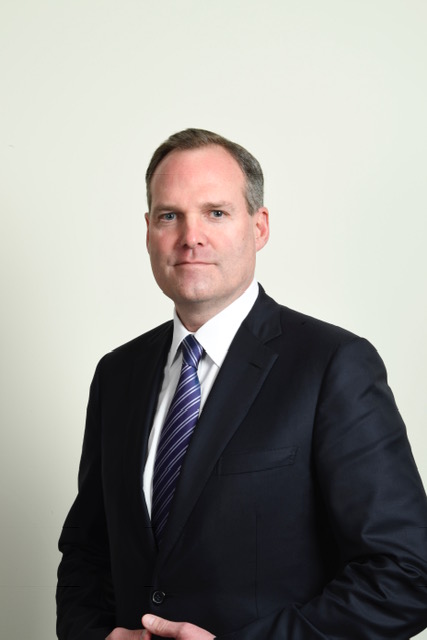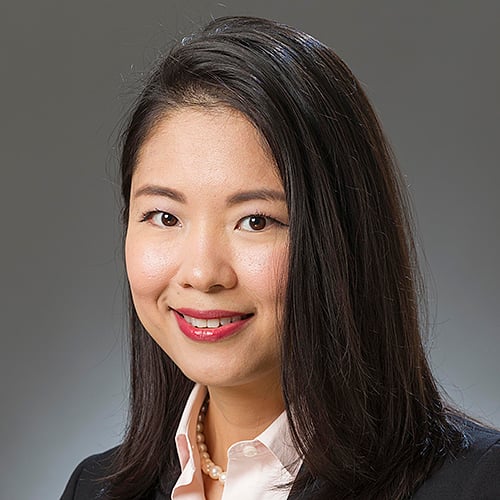
After acquiring the Deutsche Bank Global Trust Solutions business (excluding the US operations), earlier this year, The Bank of N.T. Butterfield & Son is now turning its attention to ramping up its Asian operations.
"Our Singapore based Asian business is performing well we've bedded in clients and new revenue streams are emerging. I think the integration's going well," Michael Collins, chairman and chief executive officer of Butterfield group told The Asset in a recent meeting in Singapore.
Established in 1858 and incorporated in 1904, The Bank of N.T. Butterfield & Son Limited is headquartered in Britain's longstanding overseas territory of Bermuda, and is the territory's oldest and largest independent financial institution.
A major part of the regenerated Asian push was securing new office space in Singapore's central business district for the former Deutsche employees. The new premises located high above the meandering Singapore River in a Grade A Raffles Place tower tick all the boxes.
"The initial focus was on the people, so getting the staff comfortable and feeling part of our group was important and I think these offices are a big part of it," Collins says.
As well as covering Southeast Asia out of Singapore, Collins also wants to ramp up the North Asian business. His firm has a long track record with both institutional and private clients in Hong Kong where Butterfield previously had a banking license.
"There's a long history between Bermuda and Hong Kong, and Butterfield's certainly benefited from that in terms of relationships. We don't currently have a presence in Hong Kong," adds Collins hinting that there may be one at some point.
For the moment he is happy with his new Singapore set up. Collins also sees the regulatory environment in the Lion City as world-class.
"It's probably the best and I think that's very important, but it's also I think a regulatory environment where they want Singapore to succeed, they want the businesses to succeed, they want employment."
Collins says Butterfield is well positioned to compete with global banking players in its home territory of Bermuda as well as in other offshore centres but rules out obtaining a banking license in either of Asia's leading wealth hubs.
"I think we understand where we're able to compete on the banking side. And it really works in a place like Bermuda, Cayman, and the Channel Islands. I think we would be unlikely to have a banking presence here or in Hong Kong, given the competition," Collins says.
"But I think on the trust side, where we've been in business for 80 years, we punch well above our weight," he adds.
In the past couple of years, the global trust sector has seen a flurry of mergers and acquisitions, with access to the fast-growing Asian wealth market a major driver in many instances.
Bulking up the global trust operations for the Butterfield Group is definitely on the radar for Collins and his team.
"If there was another trust company that was potentially for sale here or in Cayman, we'd be very interested in that, and we will continue to grow through acquisition funded by our bank earnings," he says.
Collins also views the in-house trust units of major global banks as representing risk without much return for global players and considers the revenue they generate as being almost immaterial compared to the global earnings these banks produce.
"And who wants additional regulatory scrutiny, associated with being offshore?" he adds.
He is also cautious on the growth of private equity investment into the trust sector and says wealthy families are becoming choosy who they open a trust relationship with.
Some of the ultra-high net worth family offices don't necessarily like their trust company being owned by a private equity firm.
"Everybody knows what the model is, they'll sell it, and redo an IPO in four or five years, and that's disruptive for a wealthy family that actually just wants to be quiet and wants to have a trustee that actually will be here for years," says Collins.









